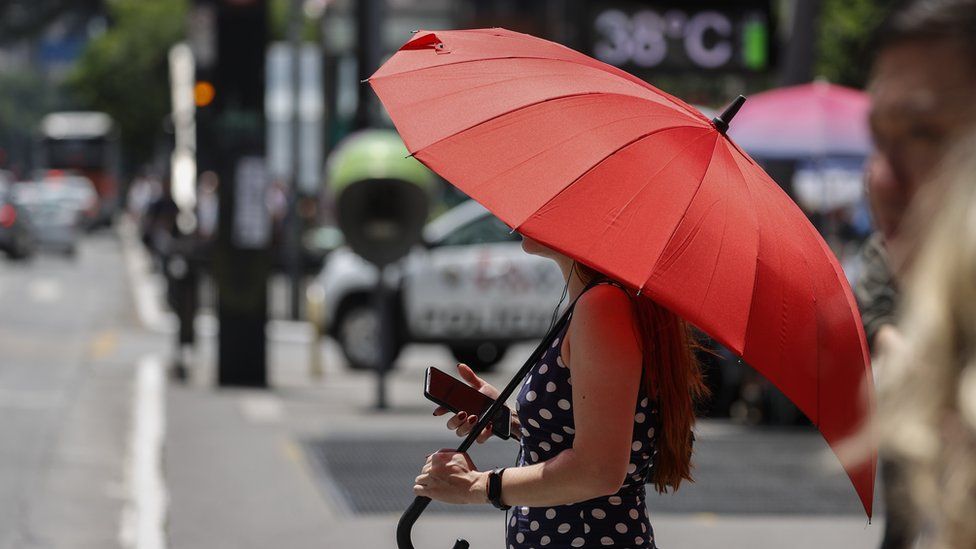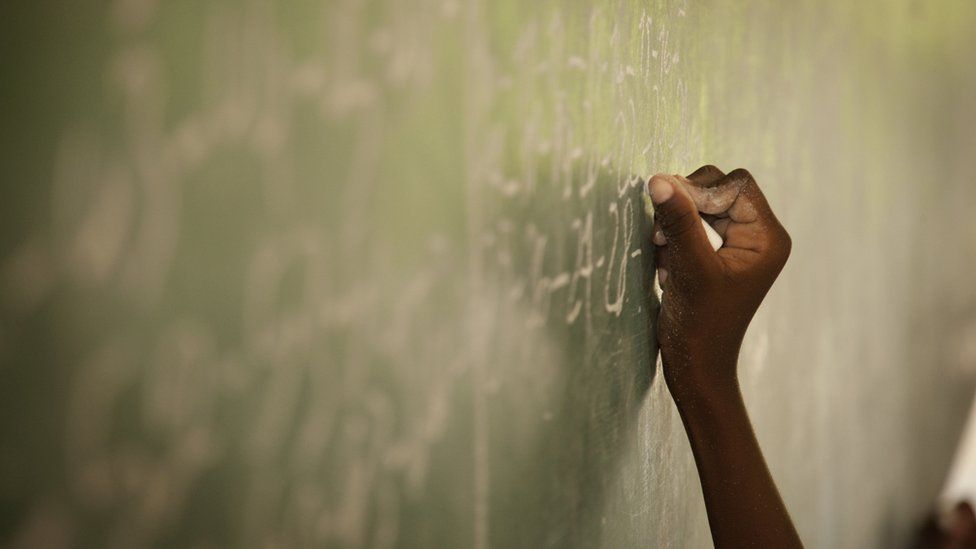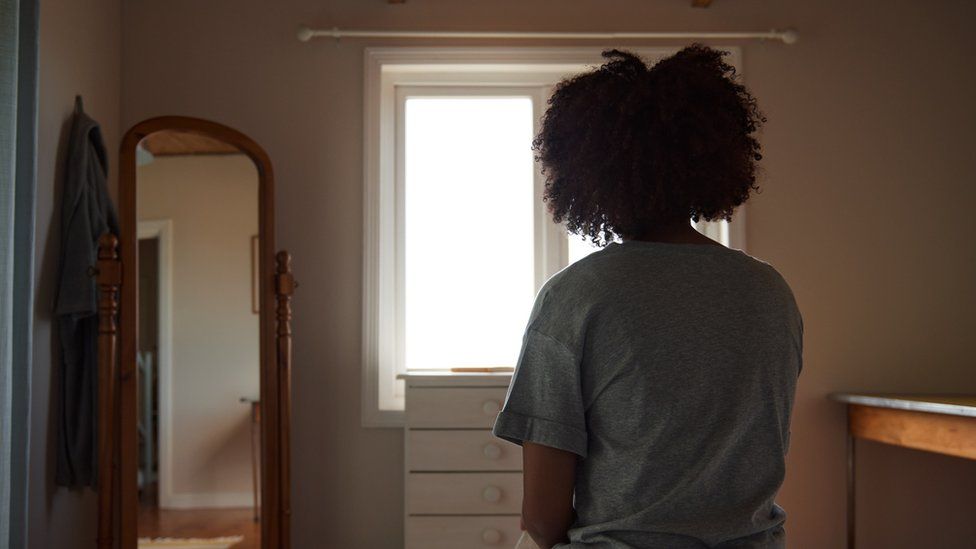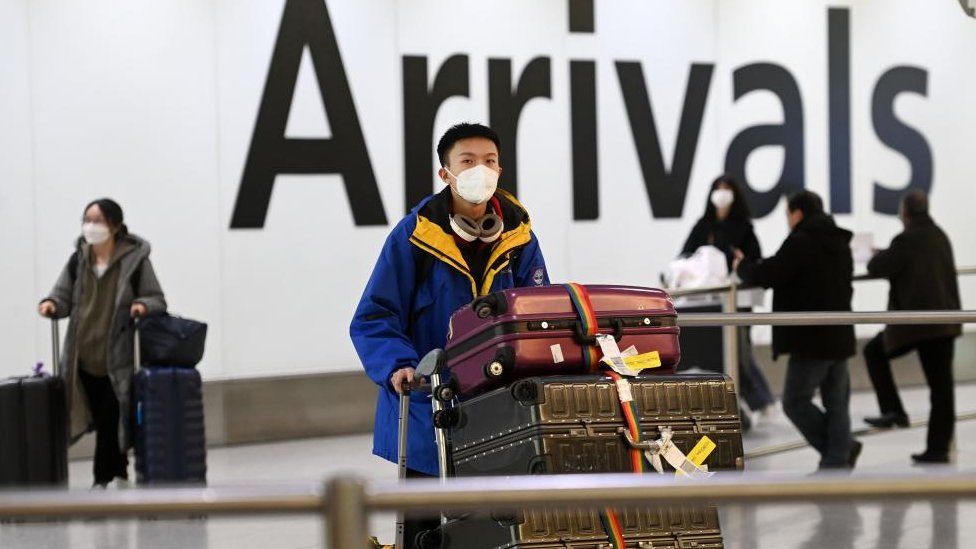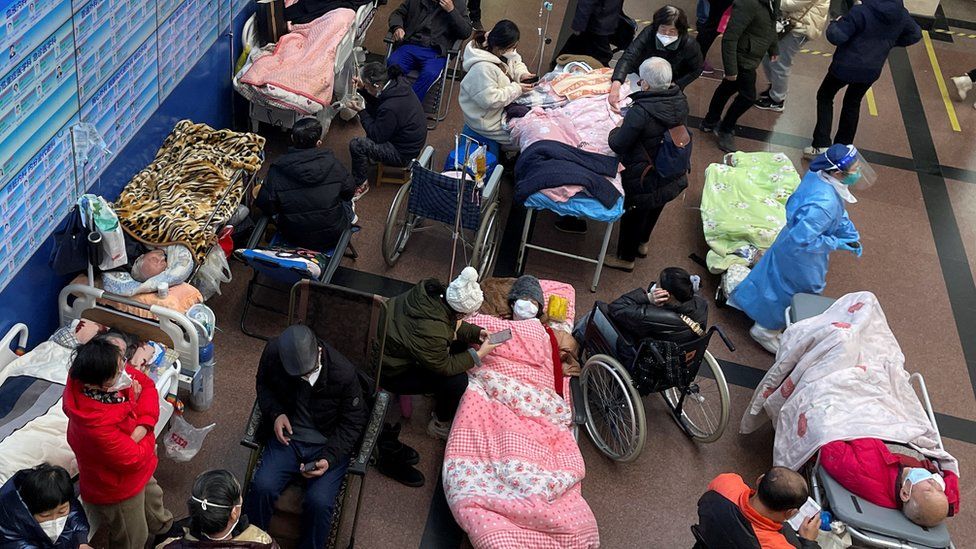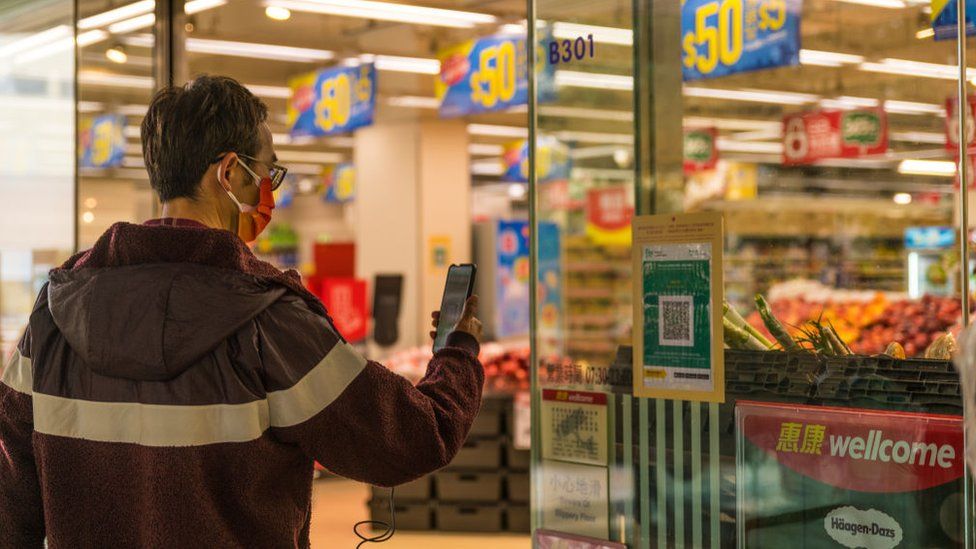Brazil: Health warnings as country gripped by 'unbearable' heatwave
Published7 hours agoShareclose panelShare pageCopy linkAbout sharingImage source, Sebastiao Moreira/EPA-EFE/REX/ShutterstockBy Kathryn ArmstrongBBC NewsRed alerts have been issued for almost 3,000 towns and cities across Brazil, which have been experiencing an unprecedented heatwave. Rio de Janeiro recorded 42.5C on Sunday – a record for November – and high humidity on Tuesday meant that it felt like 58.5C, municipal authorities said.More than a hundred million people have been affected by the heat, which is expected to last until at least Friday.Officials have attributed it to the El Niño phenomenon and climate change.The city of São Paulo saw average temperatures of 37.3C on Tuesday afternoon, the National Institute of Meteorology (Inmet) reported. “I’m exhausted, it’s hard,” Riquelme da Silva, 22, told AFP news agency on the streets there. “When I get home, it’s cold water, otherwise I can’t even get up because I’m so tired. It’s even hard to sleep.”Dora, a 60-year-old street vendor, described the heat as “unbearable” for those who worked outside. Image source, ReutersInmet has issued red alerts for a large part of the country. These indicate that temperatures may be 5C above average for longer than five days and could pose a serious danger to health. The heatwave, which comes more than a month before the beginning of summer in the southern hemisphere, has seen Brazil’s energy consumption soar to record levels as people try to keep themselves cool. Inmet research released last week showed that the average temperature in the country had been above the historical average from July to October. Extreme weather is becoming more frequent and more intense in many places around the world because of climate change.According to scientists, heatwaves are becoming longer and more intense in many places and this is expected to continue whilst humans keep releasing planet-warming greenhouse gases.Meanwhile, the Earth is currently in an El Niño weather phase, during which time global temperatures typically increase.Image source, AFPMore on this storyExtreme autumn heat sets up 2023 for recordPublished7 days agoStranded boats and dead fish: Amazon droughtPublished12 October
Read more →
